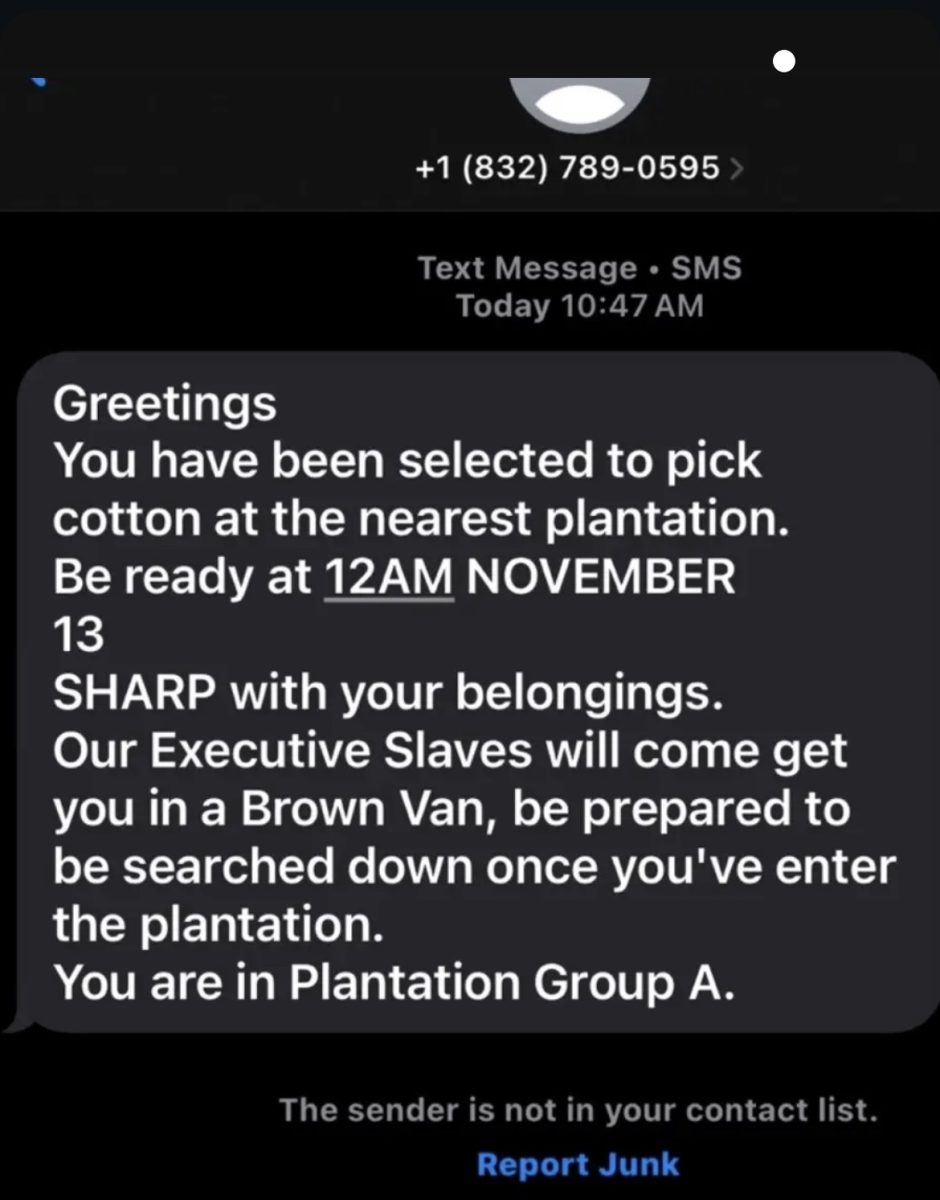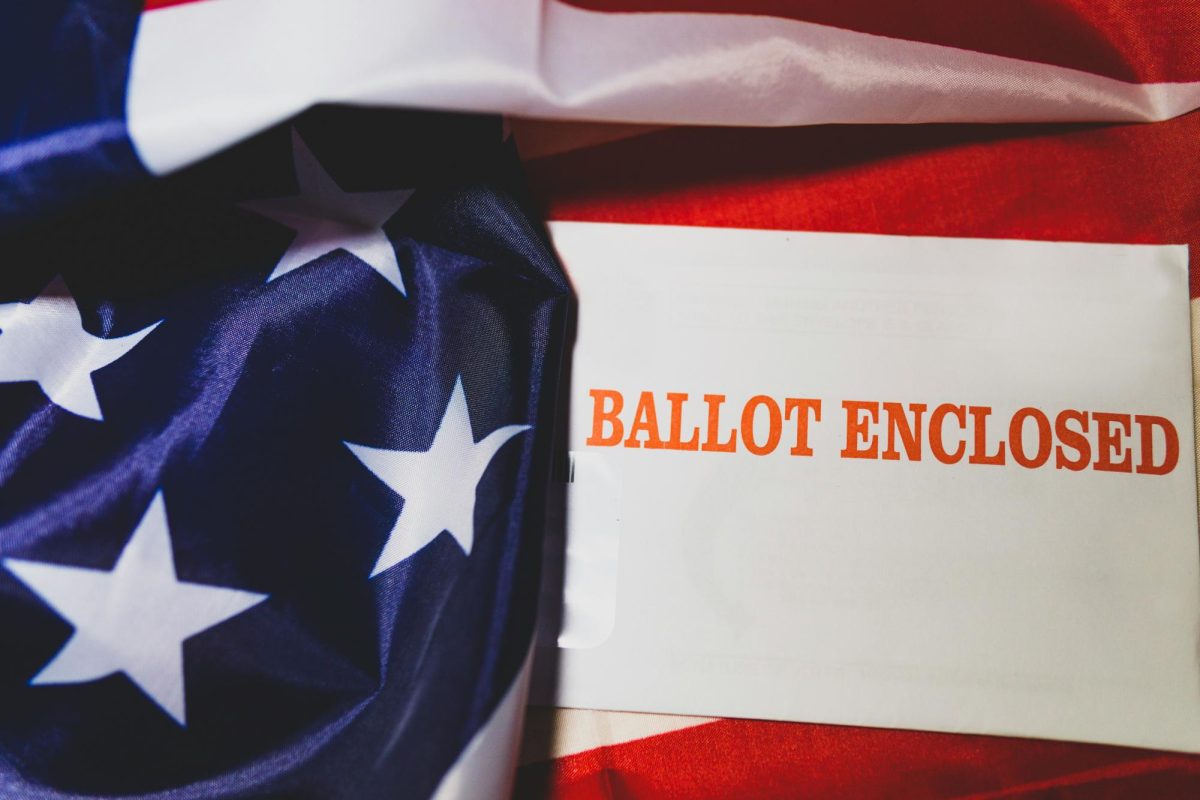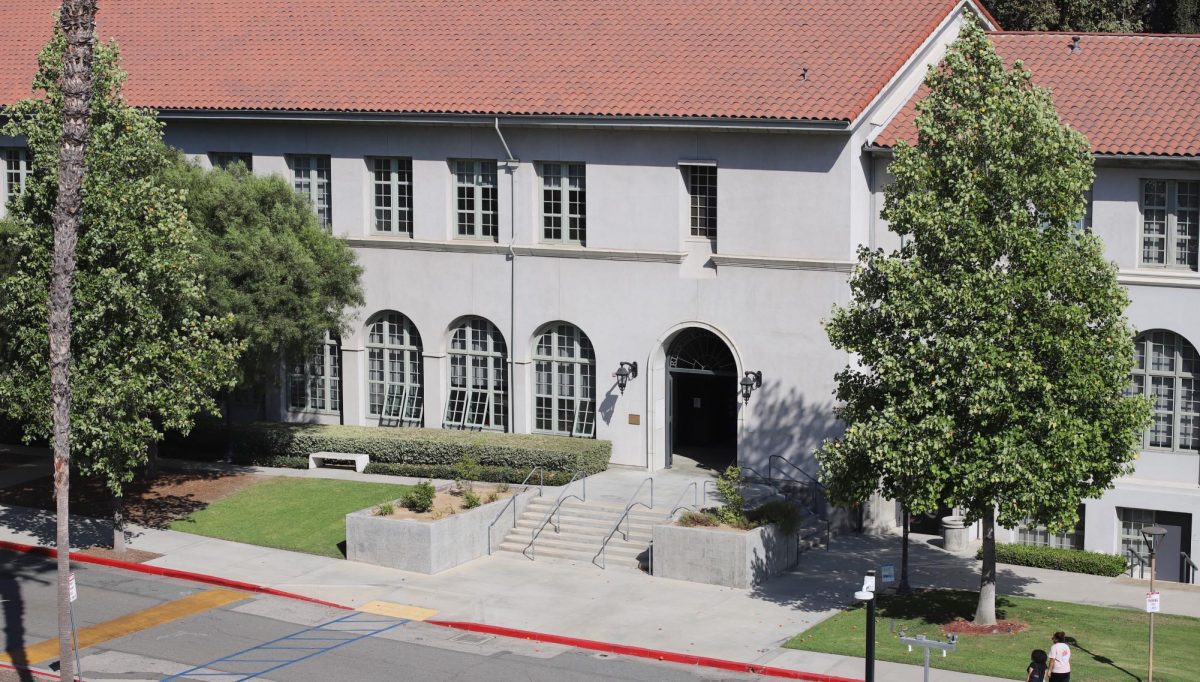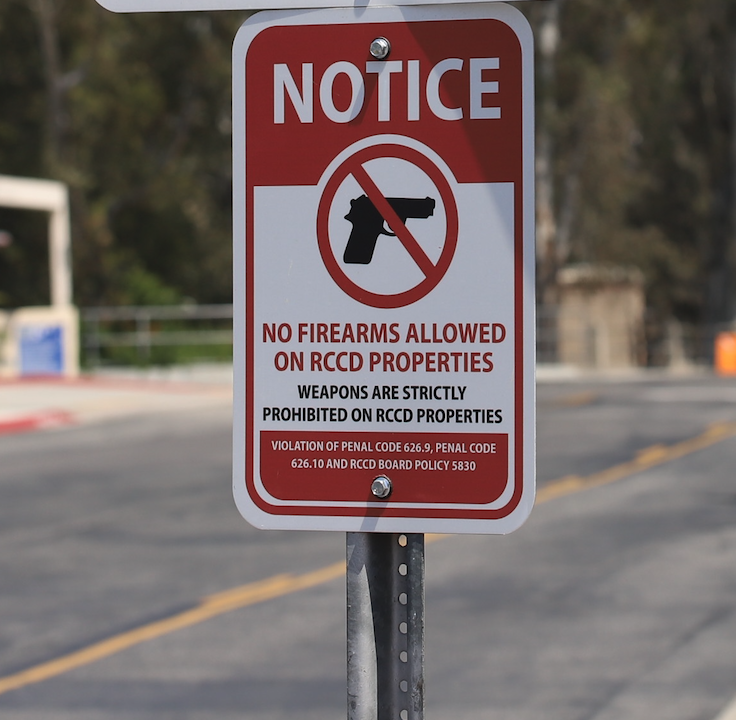By Leslie Santabanez- Molina
A Riverside City College Diversity Committee sponsored event brought students and parents together in the Digital Auditorium on April 20 to hear CNN in Spanish legal analyst Elena Sahagun speak.
The goal was to inform AB540 and undocumented students about the process and requirements needed to obtain aid from the Deferred Action for Childhood Arrivals.
Sahagun said she wanted to inspire students to not give up in the hard times the immigrant community is facing through this administration.
“Do not be discouraged, don’t let that negativity shape your decisions.” Sahagun said. “We need to stop thinking we cannot shape the future.”
She described her journey as a young girl in becoming a U.S citizen through the amnesty program in the 80s.
As a young mother, she attended Chapman University as one of the few minority students there, she knew every statistic was stacked against her but managed to graduate anyway.
Now her son, a former RCC student, graduated from Cal State Los Angeles.
She managed to beat the odds and now she wanted the students to not be afraid of achieving their dreams.
DACA allows those that qualify to have work permits and live in the United States with less fear.
Several requirements need to be met to obtain DACA.
First one must know that DACA is not a green card, students are not allowed to leave the U.S. and run the risk of being deported if they do so.
Those applying for DACA must also be enrolled in school and must not take shortcuts due to check ups. By June 15 2012 students must have been 30 years or younger. They must have entered the country before 16 years of age and have proof such as school transcripts.
If an applicant has a criminal record such as a misdemeanor it will affect their ability to obtain DACA, even a single misdemeanor will make an applicant ineligible for DACA.
Three or more misdemeanors are considered significant. A applicant spent 90 days or more in jail is considered crucial. Drug or domestic violence related charges will make obtaining DACA impossible.
Misdemeanors in which an applicant was caught driving without a license will not be put against them.
Sahagun advised the students to be good and behave. Undocumented students do not have the luxuries their U.S. citizen friends have.
“You have to understand we can’t be out partying with friends,” Sahagun said.
In order to maintain DACA status applicants must renew their application based on the renewal date on their work permit. Each time they renew they must pay $495 fee.
It is advised to renew the application 4-5 months ahead of time due to the long process. If applicants fail to renew their application it will be as if they never had DACA.
One thing Sahagun warned about was immigration fraud. She has seen several clients being scammed by notaries and paralegals.
Notaries have a good reputation in Latin America since they have an education higher than lawyers.
One thing she wants everyone to know is that they have rights. Her card has immigration rights on one side that can be handed to police in order for people to maintain their silence and not be incriminated against.
“I am giving you this card because I don’t wish to speak with you…I choose my right to remain silent and refuse to answer any questions” Sahagun said.
Her number follows, so the officer can contact her. She has seen too many clients speak and give away their status. This card is a way to allow people to remain silent, especially if they don’t speak English.
RCC student Nora Gonzalez saw the meeting as being informative and liked that Sahagun was approachable.
“I think it is information people should know even if you’re a citizen,” Gonzalez said.












